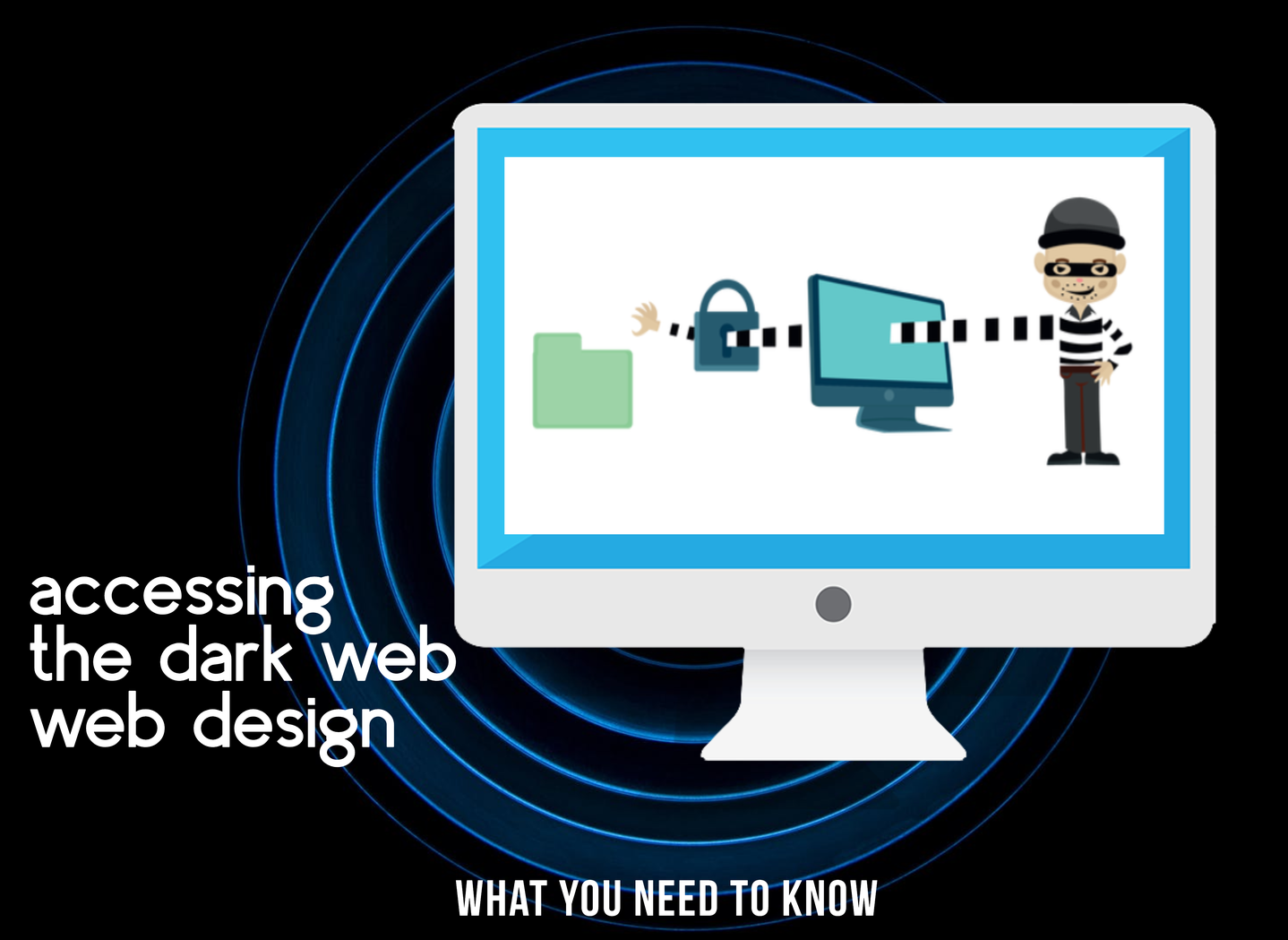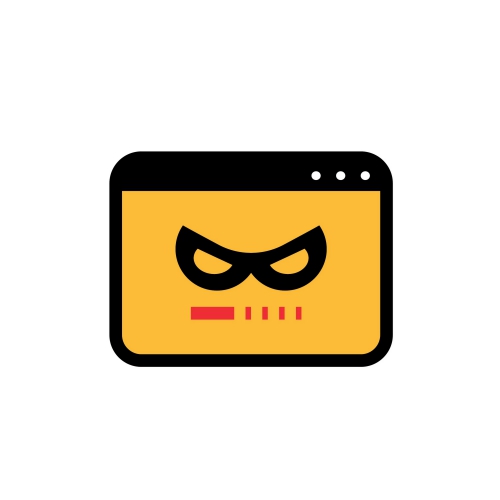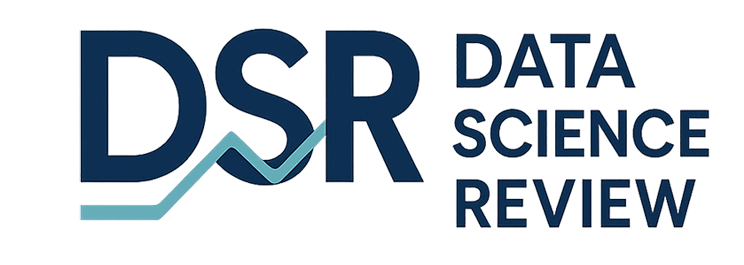At the time of this writing, it was not illegal to access the dark web. It's what you do on it that can get you into trouble. Further, some people don't even know when they are doing something wrong. This article is about accessing the dark web: proceed with caution.

I am not going to get on my soapbox and tell you that you should not use the dark web. You may have your reasons. However, if you decide to access it, you need to know about the dangers. There is risk, and one of them is you'll be marked as someone who has gone on the dark web.
The Three Faces of the Internet
Before getting into the dangers of accessing the dark web, it helps to understand what it is and how it relates to other aspects of the internet. There are really three components for accessing the internet, although there could be more. They are:

- Surface Web
- Deep Web
- Dark Web
The surface web is the most popular and is the one you used to get to this article. If you have an internet connection, you have access to the surface web. When you do a search on Google or you lookup the weather, you are accessing the surface web.
The deep web is much larger than the surface web, but it usually requires having credentials to access it. Many social media websites require a user name and password. Due to this, these social media sites are really considered deep web access, although I'm sure I would get enough people to disagree with me on that.
The true definition of the deep web is resources on the web that search engines like Google cannot find. That's why people would probably argue that social media websites should not be considered deep web access.
Even if search engines find the content, though, people usually need to log in to have access to the content. You are free to choose whether social media is considered deep web access.
The dark web is a slice of the internet that requires special access. Currently, when you sign up for an Internet Service Provider (ISP), you are assigned an IP address, either statically, or dynamically (usually this). Any actions you take on the internet will be associated with that IP address at the time you were using it. This means your browsing habits are accessible to many, including law enforcement.
The dark web (some will use it as one word: darkweb) uses a special browser (called a Tor browser) that anonymizes your IP address. In theory, this means you can access any segment of the dark web without anyone knowing your browsing activity. Many people believe this shields them from the prying eyes of law enforcement.
Anonymity May Be a False Sense of Security
If you think anonymity shields you from law enforcement, my suggestion would be to try and locate Ross Ulbricht and ask if that is a good idea. Your attempts at locating him may fail, however, because he is spending the rest of his life in prison. In 2011, he created the dark web resource called Silk Road. By October 2013, he was arrested by the FBI for illegal operations of his website.
How can someone using the dark web via anonymous access possibly have been caught? That is the $64,000 question, isn't it? The point is, it may have taken some time for law enforcement to catch up with Ulbricht, but they did, and he's now in jail.
As mentioned, accessing the dark web isn't illegal. But if your actions are associated with illicit activities, you can expect the FBI or CIA to be knocking at your door sometime in the future.
Did You Ever Have the Feeling You Was Being Watch?
Excuse the Bugs Bunny grammar from the heading, but if you are a Bugs Bunny fan, you probably made the connection with the link.

If you decide to go down the rabbit hole of the dark web, you will probably be put on a watch list from the FBI or other federal agencies. That alone, won't get you arrested. But if what happened with Silk Road is any indication of the possibilities, you increase your chances substantially just by accessing this rabbit hole.
Law enforcement apparently isn't your only concern when you jump into the dark web. You increase your risks when you start interacting with entities on the dark web. In other words, you'll likely make yourself a target. There isn't much recourse if you purchase a legitimate product and it doesn't get delivered. Scams are prevalent on the dark web.
What Are Your Reasons for Using the Dark Web?

What is it about the dark web do you feel you need to explore it? There are legitimate uses for the dark web. But if you can't convince someone in law enforcement or if you get swindled when trying to make even a legitimate purchase, is it truly worth that risk?
Ross Ulbricht is a libertarian who seems to believe that the government has no place in interfering with our lives in any manner. This was his justification for running the Silk Road marketplace. The government certainly didn't share his view.
Even writing this article, I am probably drawing the attention of the federal authorities to some degree. But I feel warning my readers about the dangers of accessing the dark web justifies my risk.
I used Tor once in my earlier days just to understand what it was about after reading information on it. I am a writer, after all. After I satisified my curiosity, I didn't go back. It's too much risk, it's not intuitive at all, and I find everything I need on the surface and deep web.

